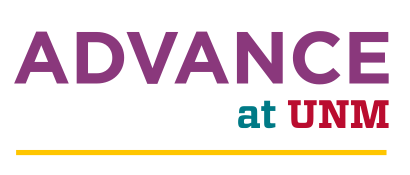Dr. Mustofa Mahmud Al Mamun, Economics

Name:
Dr. Mustofa Mahmud Al Mamun
Title:
Lecturer III
Department:
Economics
Describe your research in about 200 words.
I am a Macroeconomist specializing in Macroeconomic Policy. I use a combination of econometric and general equilibrium models to answer policy-related queries. My recent research has focused on the short-run effects of additional government spending. In my job market paper, I investigate whether all types of government spending generate similar multiplier effects. I have used a heterogeneous agents framework in another research project to examine the potential implications of missed payments under a large-scale federal stimulus program. My future research agenda focuses on the intersection of fiscal policy and climate change impacts.
What’s the most interesting thing you have learned from a student?
I know that American students come from diverse ethnic and racial backgrounds. Not all domestic students receive the same training and privileges before joining a University. Not everyone’s family background and belief systems are the same. Writing a curriculum that fits all is challenging, but it is possible to ensure everyone feels encouraged. I came to experience it firsthand while I was grading one of my student’s essays in 2017 at the University of Arizona. The student had an indigenous background. In her essay, she wrote about a cultural norm in her community: one shouldn’t aspire to be better than one’s neighbors. She explained the struggle between her desire to pursue a college degree and holding on to her cultural beliefs. I also faced a similar struggle between studying economics and practicing my religious principles. Charging interest is strictly prohibited in the Islamic world, but the global economy is built upon an interest-based system. I know from my experience that a student in her situation may not be receptive to standard economic assumptions, e.g., self-interested behavior, profit motive, and capital accumulation. For that reason, I put additional effort into clarifying to my students that assumptions are mere ways to simplify a complicated world, and accepting them as principles at personal levels is unnecessary.
